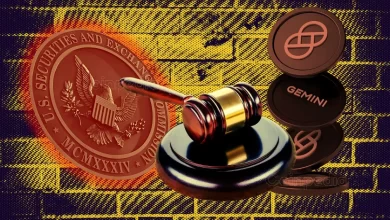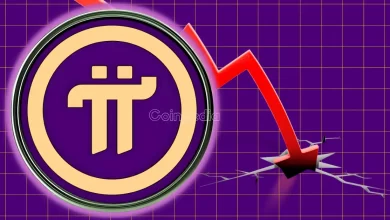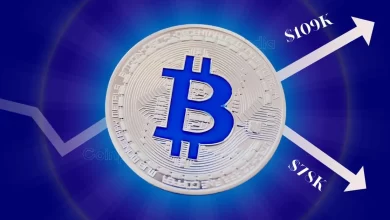
New York Attorney General argues Ethereum is a security.
Regulators are concerned about Ethereum's centralization under Proof-of-Stake and its promotion as an investment.
The NYAG's lawsuit against KuCoin, arguing Ethereum is a security, could influence how Ethereum is regulated in the future.
In a recent report from analyst and legal advisor Metalaw, attention is drawn to a significant moment in history: the bold move made by New York Attorney General (NYAG) Letitia James about a year ago. Attorney General James made waves by suggesting that Ethereum, a major player in the cryptocurrency world, should be treated as a security.
This interpretation wasn’t merely a statement but was backed by tangible action as the NYAG’s office issued a press release backing the development.
Navigating the Regulations
While the Securities and Exchange Commission (SEC) is still on the fence about how to classify Ethereum, mounting pressure from Ethereum exchange-traded funds (ETFs) could spur regulatory action. The ongoing lawsuit, led by the New York Attorney General against KuCoin, where Ethereum’s status as a security is contested, sheds light on why Ethereum’s regulatory status is being scrutinized.
The press release highlighted the seriousness of the situation, portraying the regulator’s move as a precedent-setting event. It emphasized the importance of the legal proceedings, showing that the NYAG is taking Ethereum’s classification seriously and is pursuing it through legal channels.
Also Check Out: Ethereum Spot Premium Reaches Highest Level Since October 2023 Says Top Analyst
Ethereum Under Scrutiny
Metalaw’s analysis focuses on a crucial aspect of the lawsuit: the argument that Ethereum (ETH), a giant in the crypto world, should be considered a security. This interpretation marks a turning point in the courtroom, as it’s one of the first times a regulator has classified ETH this way. The lawsuit argues that ETH, along with other virtual currencies like LUNA and TerraUSD (UST), are speculative assets that need to be registered before trading.
This marks the first time the New York Attorney General’s office has explicitly labeled Ethereum (ETH) as a security, thanks to its innovative Proof-of-Stake transaction validation mechanism. This change allows people to earn rewards by holding onto Ethereum, similar to earning interest on investments.
With figures like SEC Chairman Gary Gensler suggesting that tokens like Ethereum could fall under securities laws because of this mechanism, the debate over Ethereum’s security classification intensifies as Ethereum staking becomes more popular.
The Debate Over Decentralization
The NYAG argues that Ethereum (ETH) lacks enough decentralization to avoid being classified as a security. They point to the significant influence of Vitalik Buterin and the Ethereum Foundation on ETH’s development, including the transition to Proof-of-Stake.
Also Check Out: Ripple vs. SEC: Ripple Lawyer Predicts Possible Penalties and XRP Lawsuit Outcome
Additionally, they highlight ETH’s marketing as an investment opportunity and the significant stakes held by Vitalik Buterin and the Ethereum Foundation. Regulators believe that ETH’s governance structure and absence of traditional mining mechanisms indicate insufficient decentralization, thus warranting its classification as a security.







